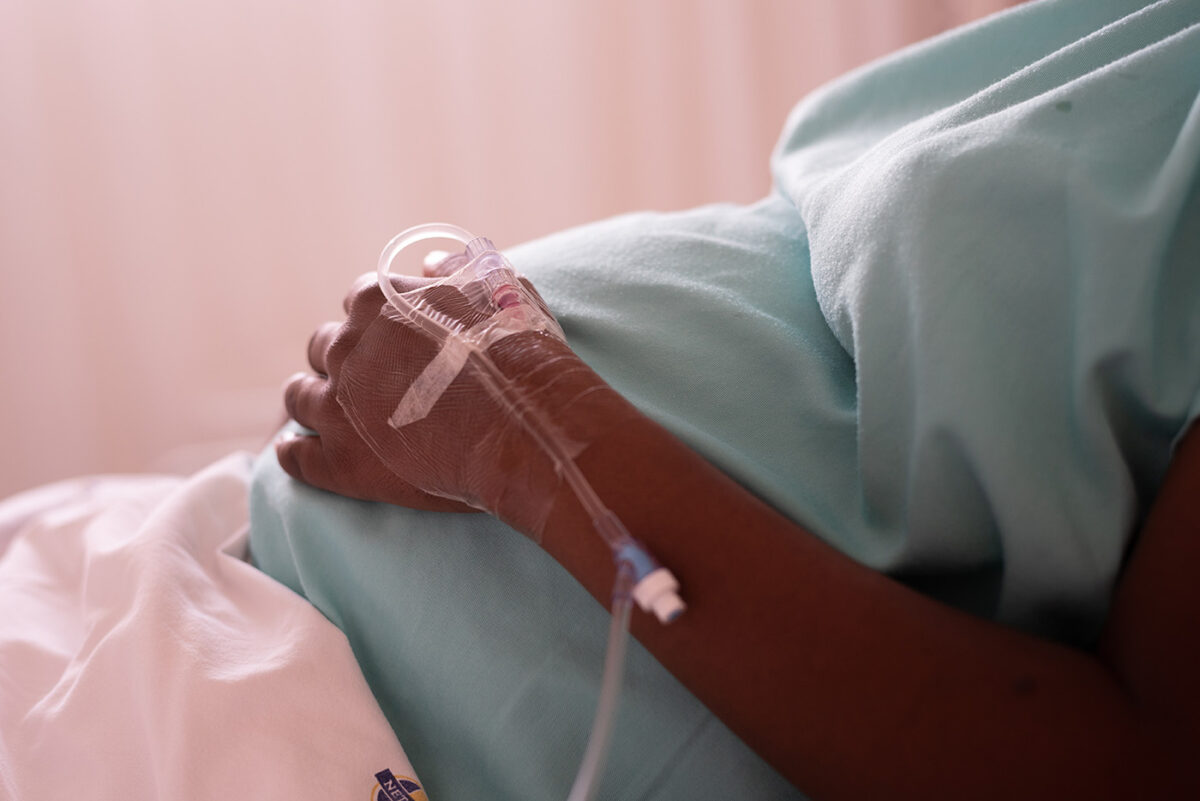
Author
Craig Wilson, JD, MPA
Director, Health Policy
Contact
ACHI Communications
501-526-2244
jlyon@achi.net
More than half of rural hospitals in Arkansas that provide labor and delivery care are at risk of losing those services, according to a report by the Center for Healthcare Quality and Payment Reform titled “Addressing the Crisis in Rural Maternity Care.”
The report cites losses on all patient services as the main reason that maternity care is at risk, meaning those rural hospitals cannot subsidize losses on labor and delivery services with revenue from other services.
The report notes that already more than half of rural hospitals in the U.S. no longer offer labor and delivery services. In Arkansas, 29 rural hospitals, or 60%, do not offer labor and delivery services; as a result, the median drive time to a hospital with those services is 39 minutes, according to the report.
Nineteen rural hospitals in Arkansas still provide labor and delivery services, the report notes, although there have been recent reports of Arkansas hospitals struggling to maintain these services and to retain maternity care providers.
The report also cites national workforce shortages as a contributing factor, noting that for labor and delivery services, physicians who can perform cesarian sections, nurses trained in obstetric care, and anesthesiologists or nurse anesthetists must be available on a 24/7 basis. Being on call at nights and on weekends is something many providers are increasingly unable or unwilling to do, the report states.
Maintaining high-quality labor and delivery services in rural areas requires addressing both the workforce recruitment and payment challenges, according to the report, which recommends the following strategies:
- Provide medical and nursing students with specific team-based care training designed for rural maternity care.
- Provide remote specialty support for rural maternity care teams.
- Design new staffing models for on-call coverage.
- Ensure sufficient payments from public and private payers to cover the cost of providing all services, including maternity care services.
- Create standby capacity payments to support fixed costs of maternity care.
The lack of available and accessible maternity care is a risk not only at the time of delivery but throughout the birthing journey. Arkansas holds the unfortunate distinction of being the riskiest state in the nation to have a baby, with the highest maternal mortality rate and third-highest infant mortality rate in the country. The financial and workforce risks highlighted in this report support the need for increased awareness and immediate action to ensure that access to maternity care in rural states like Arkansas is maintained.






